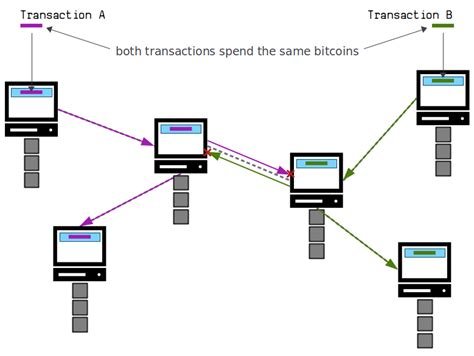Understanding MinRelayTxFee in Ethereum
As one of the largest and most widely used decentralized applications (dApps) on the Ethereum blockchain, understanding the mechanics behind its transaction fees can be crucial for developers, users, and investors alike. In this article, we’ll look at what minRelayTxFee is, how it’s used, default values, and how it changes over time.
What is MinRelayTxFee?
MinRelayTxFee refers to a small transaction fee that Ethereum charges for each block mined on the network. It’s a small fraction of the total fees paid by users, but it plays a significant role in determining the overall cost and efficiency of transactions.
What is it used for?
MinRelayTxFee is primarily used to facilitate relaying transactions from the Ethereum mainnet to other blockchains, such as Binance Smart Chain (BSC) and Polygon. This process allows users to transfer assets or data between these chains without incurring the full cost of sending them across the network.
What is the default value?
The MinRelayTxFee defaults to 0.0001 ETH per block. However, it can be adjusted by Ethereum developers through a bidding process called “hard forks.” When a hard fork occurs, the new transaction fee rules apply to all transactions made after the fork.
How does the value change?
The MinRelayTxFee is subject to change in response to a variety of factors, including:
- Network congestion: As the network grows and becomes more congested, fees typically increase. This is because more miners must participate in relaying transactions, which requires additional computing power.
- Transaction Volume: Higher transaction volumes can lead to increased fees as the network becomes saturated with requests from users like you!
- New Proposals

: When developers propose changes to the transaction fee rules, they must reach consensus and implement them via a hard fork. The new value is then applied to all transactions.
Example Calculation
Let’s assume a user sends 1 ETH (the default transaction amount) to a node on the Ethereum mainnet, using “minRelayTxFee” as their transaction fee. Assuming an average block time of 15 minutes and taking into account the network congestion at that time, the transaction will be relayed from the Ethereum mainnet to other chains with a delay of 1-2 blocks. The fees paid during this process will include:
- Initial transaction fee (0.0001 ETH): $0.10
- Relay fee: $0.05 per block for 60 seconds or $0.30 for 120 seconds
- Total relay fees: $1.50
Conclusion
In conclusion, minRelayTxFee plays a vital role in facilitating transactions between Ethereum and other chains on the network. Although its default value is set to 0.0001 ETH per block, it can be adjusted via hard forks to reflect changes in network usage patterns. As the decentralized economy continues to grow, understanding these transaction fees will become increasingly important for developers, users, and investors alike.
Stay informed, stay smart!
